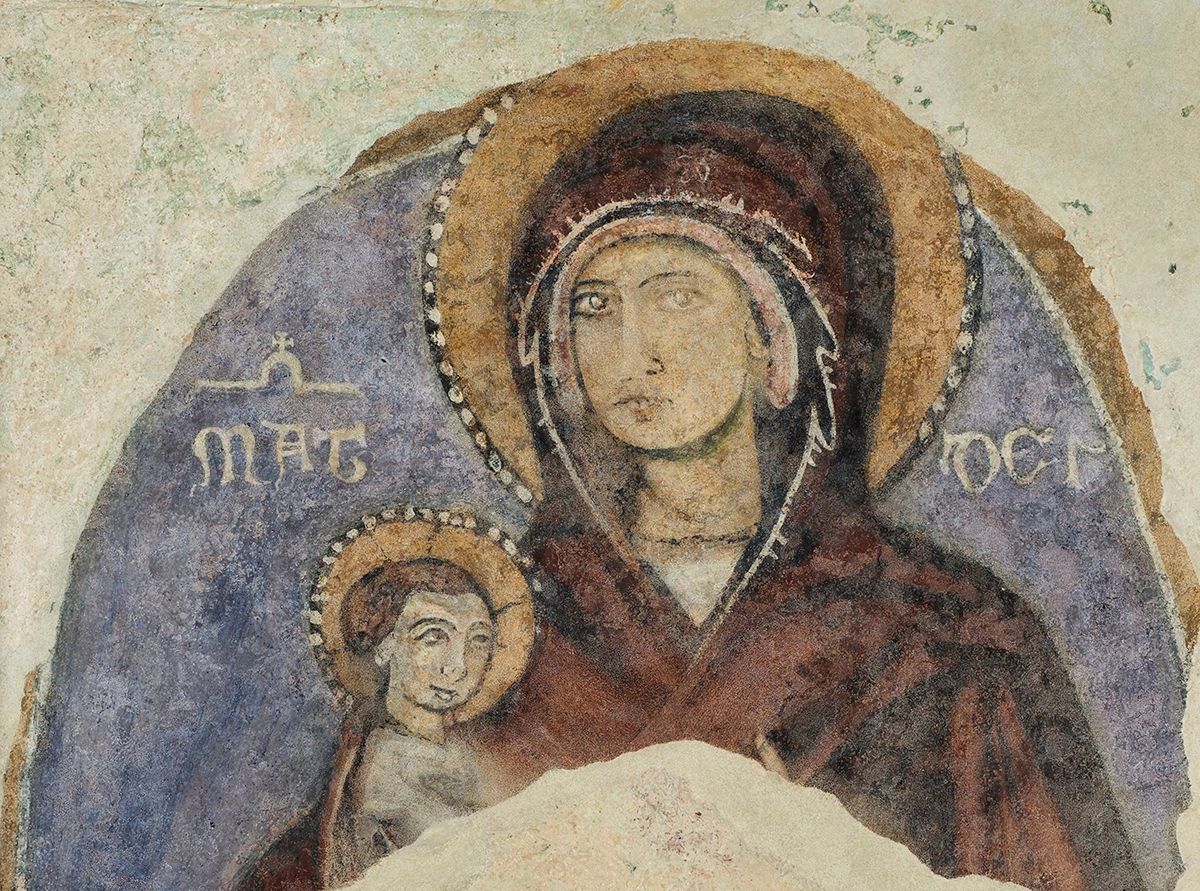Despite the ever-increasing secularisation of “The Holidays”, one of the most iconic images of Christmas remains the Nativity. Even the Christian-hating left find themselves, every year, trying to usurp the imagery of the Nativity. Perhaps that’s because it’s one of the most striking images in all the major religions: God incarnated, not in glory and heavenly splendour, but in a humble stable, surrounded by domestic animals and shepherds.
And, of course, absolutely necessary to the narrative of the birth of Christ is the fact that he had a mother: Mary. Joseph plays his part, of course, but very much takes a back seat: mother and child are the centre of attention.
As Geoffrey Blainey notes, in his Short History of Christianity, women were unusually prominent in Jesus’ brief ministry on earth. It was the women who were the first witnesses to the Resurrection. But it’s Mary who was and remains one of the most powerful figures in Christianity.
As we near Christmas, the church turns our attention to the story of Mary. In the Bible, we first find Mary as an adolescent in a relatively backwater town. She’s a virgin betrothed to marry. Then, she encounters an angel and her world turns upside down. “You will conceive and give birth to a son, and you are to call him Jesus,” says the angel. “He will be great and will be called the Son of the Most High.”
To me, Mary embodies an idea in the Eastern Orthodox tradition: “bright sadness.” This phrase names how gladness and grief are never easily disentangled, how we taste both longing and delight, simultaneously, in every moment of our lives.
From the very beginning, Mary’s story is one of mixed joy and sorrow. Catholic theologian Aidan Nichols argues that a better translation of the angel’s Annunciation, “Hail, full of grace”, is better translated as a call to “rejoice greatly”.
Yet Mary’s response is to be “greatly troubled”. Certainly, she comes to rejoice, singing the Magnificat, one of the most ancient Christian hymns. My soul magnifies the Lord, and my spirit rejoices in God my Savior,” she says. But her immediate response is to be troubled and fearful.
In many ways, perhaps, Mary’s story is the story all mothers know. When our own son was a baby, my wife confessed that she loved him unconditionally, but she knew that one day he would break her heart. Not maliciously, but in the course of the vicissitudes of the world.
Consider, after all, what awaited Mary.
In the story of Jesus’ birth, we see the danger, chaos and poverty into which Mary brought her son. She hears cosmic messages from shepherds about the signs of God’s peace. Then, soon after Jesus’ birth, at his circumcision, she is told that “a sword will pierce through” her own soul. She could not have known all that this foreboding prediction might mean or that someday she would watch her adult son be tortured and die in agony, crucified alongside two criminals.
But as the Gospel stories continue through the life, death and resurrection of Jesus, we find in Mary’s story that joy and pain constantly intertwine. Her heart is full of all kinds of unimaginable memories treasured up and her soul waits to be pierced. Her life story witnesses to the profound vulnerability of mothers in a world where deep love does not give us the ability to protect our children from all violence or pain.
Mary’s story cuts right to the heart of the fundamental Christian dilemma: The Problem of Pain, as C. S. Lewis called it. How does a benevolent God allow pain and suffering? Why not a universe of perfect peace and joy? Because without pain, joy is meaningless.
“Love and loss are a double helix this side of heaven,” I write in my book “Prayer in the Night.” “You can’t have one without the other. God’s calling on our lives will inevitably require us to risk both. We know this dappled reality in the most meaningful parts of our life […]
But Mary’s story recalls that joy can’t be gotten cheaply. The pain of the world cannot be papered over in a sentimental display of tamed little angels and a cute, chubby baby Jesus. The emptiness in the world and in our own lives can’t be filled with enough hurry or buying power or likes or retweets. We wait for the birth of Jesus, who was called Emmanuel, God with us. We wait with Mary for our hunger to be filled.
New York Times
It’s impossible to reflect thus on Mary’s story without recalling the story of the first woman. “I will greatly multiply thy sorrow and thy conception,” God warns. “In sorrow thou shalt bring forth children.” Not a happy lot, to be sure, but those of you who are mothers: would you have it any other way?
Hail Mary, full of grace, indeed.

